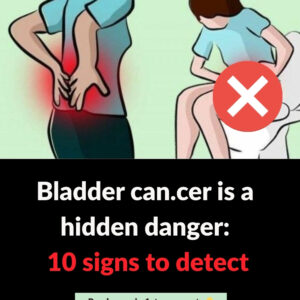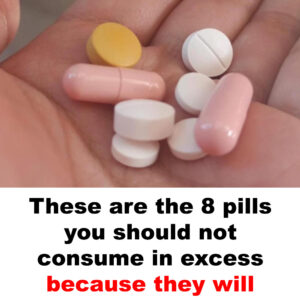Drooling during sleep is common and usually harmless, but sometimes signals health issues. “During deep sleep, muscles, including those in the mouth and jaw, relax,” causing saliva to escape. Sleeping on your side or stomach also makes drooling more likely, while “back sleepers tend to swallow more easily.”
Nasal congestion is another cause. When “you’re congested,” you breathe through your mouth, leading to more drool. Similarly, “oral infections, swollen tonsils, or certain foods and medications” can trigger excess saliva.
Gastroesophageal reflux disease (GERD) may also be to blame. “Acid reflux can trigger excess saliva production,” making nighttime drooling worse.
In some cases, neurological disorders like Parkinson’s or strokes interfere with swallowing and lead to drooling.
If drooling is frequent, heavy, or comes with trouble swallowing or breathing, it’s important to “consult a doctor.”





